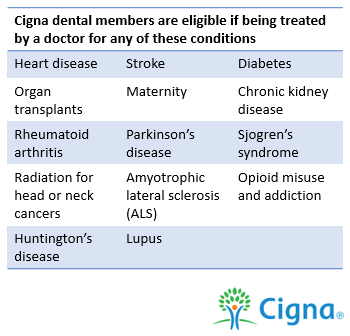
Tooth Wellness: Essential Practices for Oral Health
Maintaining optimal oral health goes beyond just brushing your teeth. Explore essential practices for tooth well-being that contribute to a healthy and vibrant smile.
Daily Dental Hygiene Routine
A cornerstone of tooth well-being is a consistent and thorough daily dental hygiene routine. Brush your teeth twice a day using fluoride toothpaste and a soft-bristle toothbrush. Ensure you clean all surfaces of your teeth, including the gumline and tongue. Incorporate daily flossing to remove plaque and debris from between your teeth, promoting overall oral health.
Balanced and Nutrient-Rich Diet
What you eat significantly impacts your oral health. A balanced and nutrient-rich diet supports tooth well-being. Include foods rich in calcium, such as dairy products and leafy greens, for strong teeth. Avoid excessive sugary snacks and beverages, as they can contribute to tooth decay. Opt for a diet that nourishes both your overall health and your teeth.
Regular Dental Check-ups and Cleanings
Scheduled dental check-ups and cleanings are crucial for maintaining tooth well-being. Visit your dentist at least twice a year for professional examinations and cleanings. Regular check-ups allow for the early detection of potential issues, while professional cleanings help remove plaque and tartar buildup, preventing dental problems.
Proper Toothbrush and Technique
Using the right toothbrush and brushing technique is essential for tooth well-being. Choose a soft-bristle toothbrush to avoid damaging your tooth enamel and gums. Brush with gentle, circular motions, holding the brush at a 45-degree angle to your gums. Avoid aggressive brushing, as it can lead to enamel erosion and gum recession.
Fluoride for Tooth Strength
Fluoride is a key element in promoting tooth well-being. It strengthens enamel, making teeth more resistant to decay. Ensure your toothpaste contains fluoride, and consider additional fluoride treatments if recommended by your dentist. Fluoride plays a vital role in maintaining the structural integrity of your teeth.
Limiting Acidic and Sugary Foods
Acidic and sugary foods can erode tooth enamel and contribute to cavities. Limit your consumption of acidic beverages, such as sodas and citrus juices. When consuming sugary foods, do so in moderation, and be sure to rinse your mouth with water afterward. These practices help protect your teeth from the harmful effects of acids and sugars.
Proper Oral Hydration
Staying hydrated is beneficial for overall health, including oral well-being. Drinking water helps flush away food particles, bacteria, and acids that can contribute to tooth decay. Opt for water as your primary beverage and consider drinking water after meals to promote saliva production, which aids in neutralizing acids and maintaining a healthy oral environment.
Nighttime Oral Care Routine
Establishing a nighttime oral care routine is crucial for tooth well-being. Before bedtime, thoroughly clean your teeth, gums, and tongue. Use fluoride mouthwash for an extra layer of protection. Avoid consuming sugary or acidic foods close to bedtime, and consider wearing a nightguard if you have a teeth grinding habit, preventing unnecessary wear and tear.
Addressing Dental Issues Promptly
Promptly addressing dental issues is a proactive approach to tooth well-being. If you experience tooth pain, sensitivity, or any unusual symptoms, consult your dentist promptly. Early intervention can prevent the progression of dental problems and preserve the health and integrity of your teeth.
Educating Yourself on Oral Health
An informed approach to tooth well-being includes educating yourself on oral health practices. Stay updated on proper dental care techniques, emerging dental technologies, and lifestyle factors that influence oral health. Being proactive in your oral health education empowers you to make informed decisions for long-term tooth well-being.
Explore Tooth Well-being Practices for a Healthy Smile
To delve deeper into essential practices for tooth well-being, visit Tooth Well-being Practices for additional resources and insights. Embracing these practices as part of your daily routine will contribute to a healthy and vibrant smile, ensuring optimal oral health for years to come.


